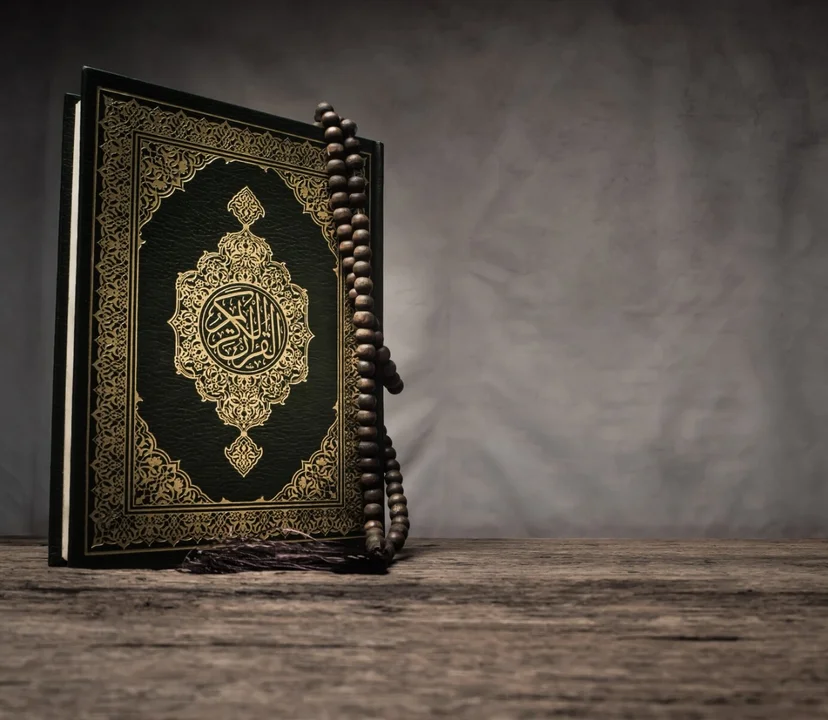
Understanding « Allah y Barek »: A Common Expression of Muslim Gratitude Crédit d'image :
Publié le 23 mai 2024, par Samir | 13 h 28 min
Temps de lecture : 2 minutes
Muslims around the world frequently utter the phrase « Allah y Barek » (ٱللَّهُ يَبَارِكُ). But for those new to Islam or unfamiliar with Arabic, its meaning and appropriate use might be unclear. This article serves as a comprehensive guide to understanding « Allah y Barek » and incorporating it into daily life.
What Does « Allah y Barek » Mean?Translated, « Allah y Barek » means « May Allah bless. » It expresses gratitude, appreciation, and well-wishes for Someone or something. Muslims use it to acknowledge good fortune, positive qualities, or beautiful creations in various situations. The Power of « Allah y Barek »« Allah y Barek » is more than just words. It carries immense weight in Islamic tradition. Here’s why it holds such significance:
Using « Allah y Barek » in Different SituationsThe versatility of « Allah y Barek » makes it a valuable tool for everyday communication. Here’s a breakdown of its usage in various scenarios:
Responding to « Allah y Barek »When Someone says « Allah y Barek » to you, here are some appropriate responses:
Key Takeaways
FAQs
Yes, absolutely. « Allah y Barek » expresses well-wishes, which can be extended to anyone.
« Allahumma Barik » is a more formal supplication directly addressed to Allah (SWT). « Allah y Barek » can be seen as a shortened, conversational way of expressing the same sentiment.
Many resources are available online and in libraries to delve deeper into Islamic etiquette. You can also consider reaching out to local mosques or Islamic centers for guidance. Conclusion« Allah y Barek » is a cornerstone of Muslim communication. It reflects gratitude, appreciation, and seeking Allah’s blessings. Incorporating this phrase into your daily life can strengthen your connection with your faith and cultivate a more positive and appreciative outlook. |
ven. 4 Sha'bane
الجمعة 4 شعبان |
| Contact | Mentions légales | A propos | Ressources | Blog | Glossaire | Questions réponses sur l'islam |
| Devenir musulman - Islam et terrorisme - Se convertir à l'islam - Prénom musulman - Roqya |
| English : al hamdulillah | Arabic : الحمد الله al-hamdoulillah.com © 2026 |